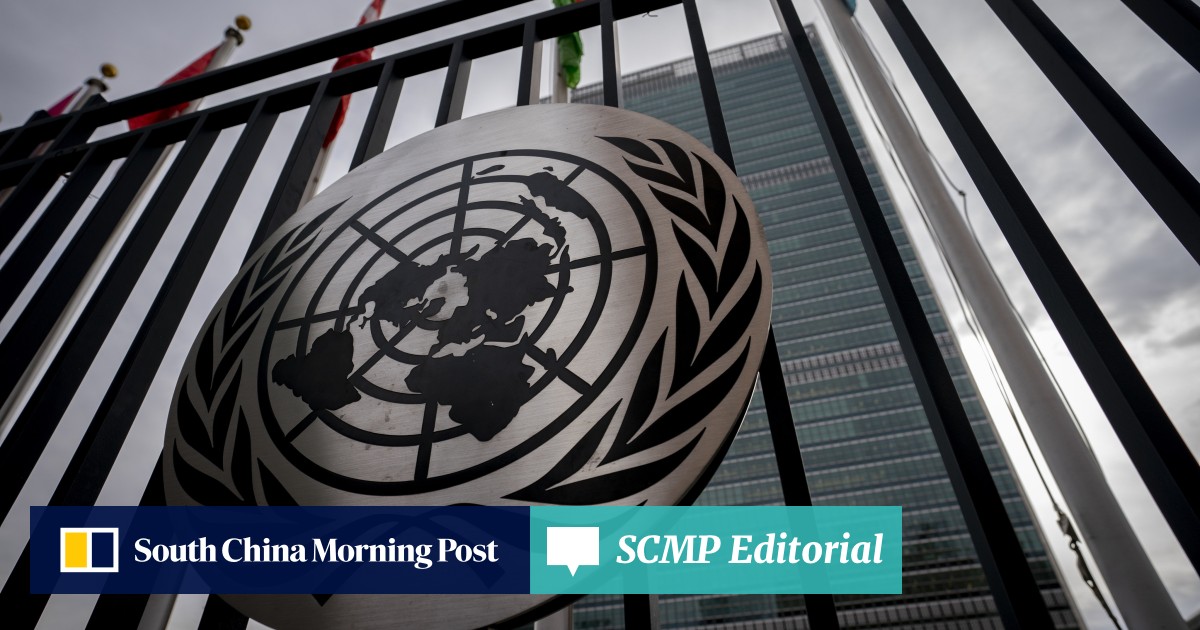Securing a consensus among the world’s many nations is never easy to achieve, especially on pressing and complex issues. But the 193 members of the United Nations General Assembly did that last week, with unanimous backing for a resolution on artificial intelligence (AI). It is the first of its kind.
The agreement, led by the United States but co-sponsored by more than 120 countries including China, is a welcome step towards greater global cooperation in the fast-developing area. More than three months of intense negotiations were needed to finalise the text.
It is well understood that AI’s rapid advance brings far-reaching potential benefits but also great risks. Governments have been scrambling to keep pace with developments and are making initial efforts to regulate the industry. But there is much work to be done.
The United Nations resolution aims to ensure that the world’s nations collaborate to enhance the benefits of AI while limiting risks. The aim is to achieve “safe, secure and trustworthy AI systems”. It stresses that human rights must be protected and international law respected as the technology develops.
The agreement highlights the need for AI to help achieve the UN’s sustainable development goals for 2030, which are lagging. These include fighting poverty and hunger while striving for better education, public health, a cleaner environment and peace.
UN adopts first global artificial intelligence resolution
UN adopts first global artificial intelligence resolution
A much-needed narrowing of the global digital divide, ensuring developing countries have fair access to the new technology and the benefits it can bring, is another key component of the resolution. It calls for the development and use of AI to be reliable, explainable, ethical, inclusive and human-centric.
The resolution follows a similar declaration signed by 28 countries – including China, and the European Union – at an AI summit in Britain last November. China also has drafted its own framework.
These are all worthy steps and the securing of unanimous support at the UN is an achievement in itself. But realising the broad objectives will be even more difficult. Progress is being made. China was last summer one of the first parts of the world to establish regulations. European Union lawmakers have approved a comprehensive law on AI which is expected to take effect in April or May.
The White House, meanwhile, has imposed an executive order. International rules are needed, but will take time to develop. The United Nations has introduced a range of AI initiatives, including a high-level advisory body.
The landmark UN resolution is not legally binding and has no enforcement mechanism. But it is a start. Cooperation between nations will be key if the world is to ensure the development of AI is balanced, safe and benefits all.

Eugen Boglaru is an AI aficionado covering the fascinating and rapidly advancing field of Artificial Intelligence. From machine learning breakthroughs to ethical considerations, Eugen provides readers with a deep dive into the world of AI, demystifying complex concepts and exploring the transformative impact of intelligent technologies.


